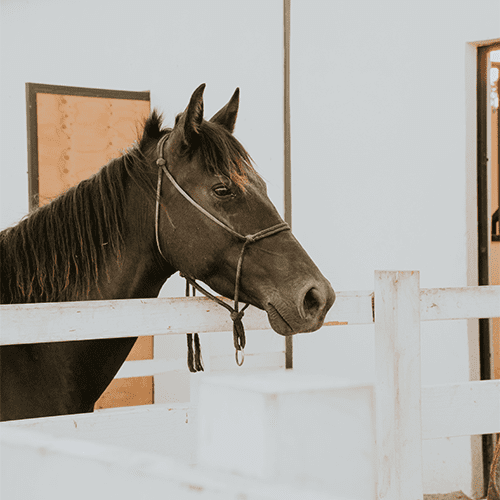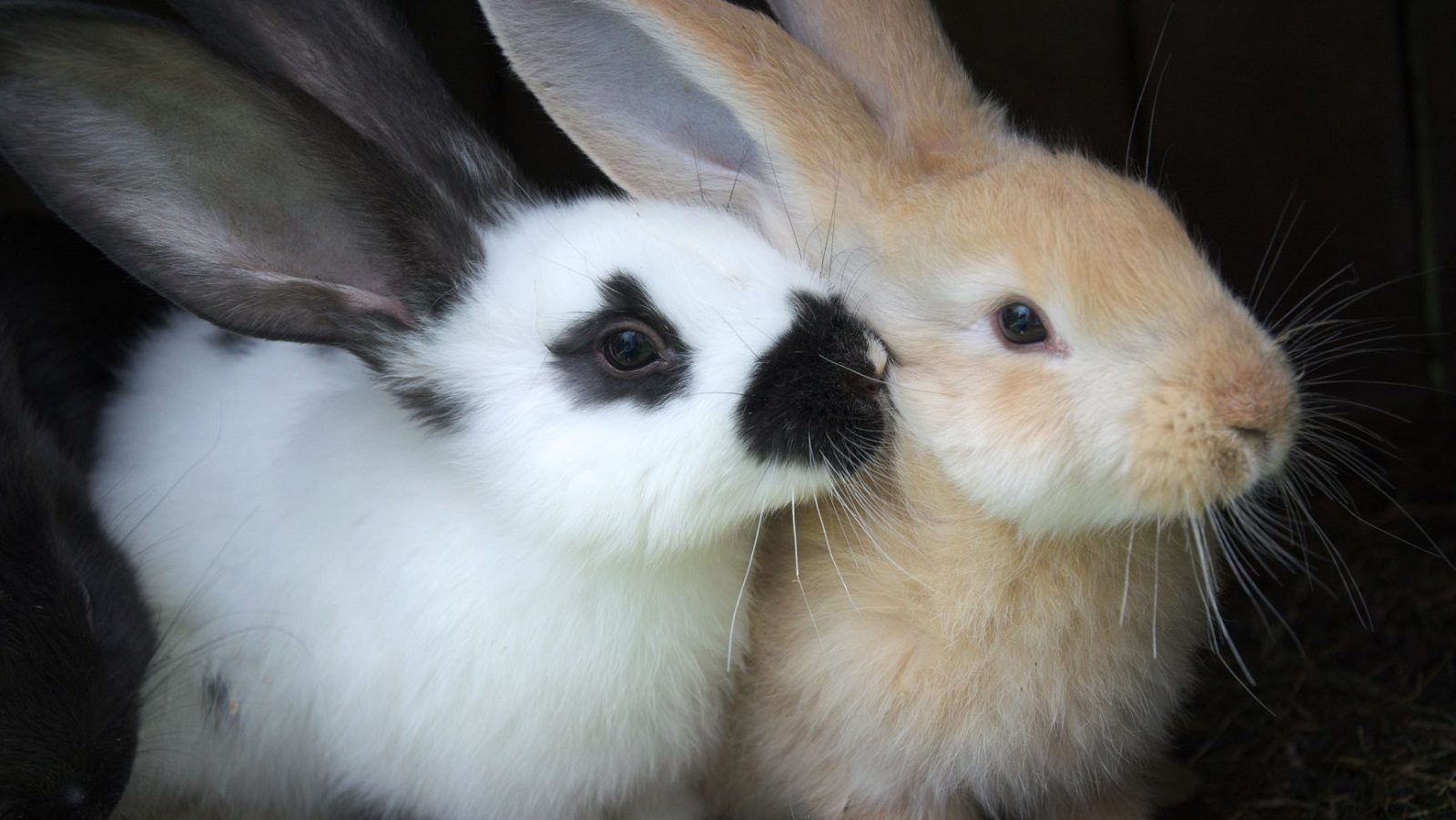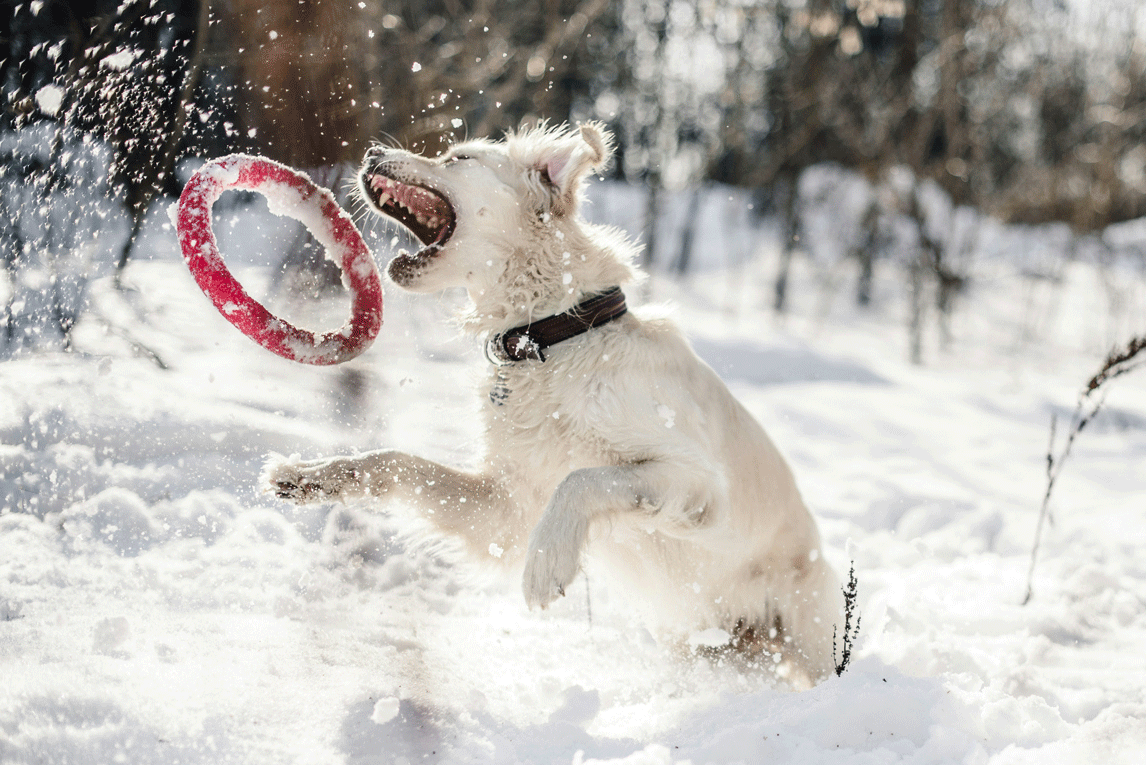
Are You Ready to Embrace Equine Responsibility?
Taking the reins as a horse owner is a thrilling adventure, but it’s essential to recognize that this journey comes with a range of responsibilities that are similar to those of a dog or cat parent. Before welcoming a horse into your life, it’s crucial to delve into the world of equine care and understand the unique needs these majestic creatures possess. With careful consideration and preparedness, you can ensure that you embark on this journey equipped to provide your equine companion with the time, care and attention they truly deserve.
The Economics of Equine Companionship
The economic facets of horse ownership are as significant as the emotional ones. From the moment you decide to become a horse owner, you’ll find yourself navigating through a series of financial commitments that go far beyond the initial purchase (that is likely to be minimal compared to the costs that will follow).
Just as a dog requires sustenance, horses (in a much larger scale) demand a steady supply of nutritious food, quality hay, and potentially specialised supplements. On top of that, the pre-purchasing exam, boarding and registration fees, public liability insurance, routine veterinary check-ups, unexpected medical emergencies, regular hoof care, stable renting or maintenance, and training expenses, all factor into the financial equation.
Crafting a comprehensive budget that encompasses all potential expenses, as well as a reserve fund for emergencies and health insurance is key. A solid financial plan ensures that your horse’s well-being is never compromised. According to FEI, horse ownership costs can run from €3,500 to €10,000 annually.
Choosing your horse
Horses, different breeds in particular, come with distinct behaviours, personalities, and requirements. Engaging in comprehensive research about horses is paramount prior to purchase. With prior knowledge acquired you can select a horse whose temperament aligns harmoniously with your lifestyle, daily routine, level of experience, expectations, etc. Remember, a well-matched partnership ensures both you and your horse thrive together!
Ensuring Equine Welfare

Making sure to cover all of the five freedoms is just as important for horse as for any other animal.
Freedom from disease, injury, and pain:
- Before purchasing a horse, make sure you get a pre-purchasing exam.
- Choose an equine vet to establish an individual health plan for your horse, including: regular veterinary visits, vaccination, parasite control, teeth floating and strategies to prevent diseases and injuries.
- As with their teeth, hooves continue to grow throughout their lifetime, meaning farrier appointments are essential to maintaining optimal health.
Freedom from hunger and thirst:
- Ensure an appropriate and well-balanced diet, including forage, feed and supplements when needed.
- Access to clean and fresh water are not only essential for welfare but can also help to prevent colic (one of the most recurrent diseases in horses).
- Please make sure you know exactly what is safe and what is not safe to give to a horse.
Freedom from discomfort:
- Provide clean and comfortable bedding, with minimal dust (to prevent respiratory diseases).
- Keep in mind that horses tolerate the cold much better than heat and humidity. Ensuring unlimited fresh water, minerals, shade, and shelter is recommended.
Freedom from fear and distress:
- Horses are extremely strong and sensitive creatures, more so than any other species. Appropriate training of those caring for the horse is essential.
- Encourage the human-animal bond through simple practices like grooming sessions.
- Stabled horses can acquire obsessive behaviours such as weaving, headshaking and pawing. You can help prevent this by providing adequate enrichment, like food balls, music, hidden food, toys, etc.
- If you can, take the time to train your horse ahead of interventions such as transport and veterinary care. This will make such interventions much less stressful for your horse, and can prevent them, you, and any other handlers from getting injured.
Freedom to express normal behaviour:
- Just as pets need regular exercise and playtime, horses thrive when provided with ample opportunities for physical activity and environmental enrichment.
- Ideally, your horse should be allowed plenty of time on grass.
- Horses should have contact, at least visual, with other animals. Horses generally love dogs and goats.
Avoid humanising your horse, let him be a horse, get dirty, run, play, etc.

In Conclusion
Taking on the role of a horse owner is an awe-inspiring commitment that requires dedication, resources, and a genuine passion for these incredible animals. By approaching equine care with a high sense of responsibility you’re poised to embark on a journey of companionship, growth, and mutual enrichment that transcends the ordinary. So, saddle up and embrace the path of responsible horse care – a journey that promises endless rewards for both you and your equine friend.
Owning a horse is very different from owning a donkey. You can find more information here on donkeys.
Other useful resources
FearFree
World horse welfare
- https://storage.googleapis.com/worldhorsewelfare-cloud/2019/10/d9b91484-keeping-your-horse-healthy-pack.pdf
- https://storage.googleapis.com/worldhorsewelfare-cloud/2019/10/ea8e42e0-equine-health-checklist.pdf
- https://www.worldhorsewelfare.org/advice/health/disease-prevention
British horse society
- https://www.bhs.org.uk/horse-care-and-welfare/ownership-loaning/buying-a-horse/
- https://www.bhs.org.uk/horse-care-and-welfare/health-care-management/horse-health/fat-scoring/
- https://storage.googleapis.com/worldhorsewelfare-cloud/2019/10/d9b91484-keeping-your-horse-healthy-pack.pdf
- https://storage.googleapis.com/worldhorsewelfare-cloud/2019/10/ea8e42e0-equine-health-checklist.pdfhttps://www.bhs.org.uk/horse-care-and-welfare/behaviour/stereotypical-behaviours/



